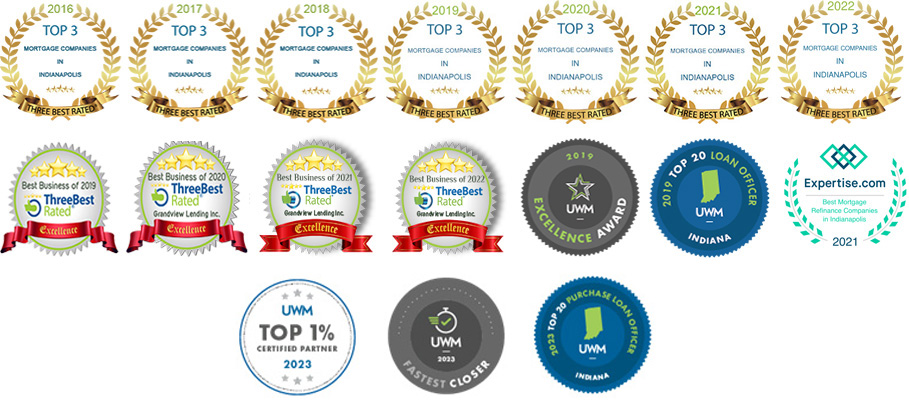The Four Parts of the Mortgage Payment - PITI
May 3rd, 2011
 When considering how much of a mortgage payment you can afford, be sure to consider all four parts of your total monthly amount, not just the amount that you'll be borrowing. This four-part payment is referred to as PITI - Principal, Interest, Taxes and Insurance.
When considering how much of a mortgage payment you can afford, be sure to consider all four parts of your total monthly amount, not just the amount that you'll be borrowing. This four-part payment is referred to as PITI - Principal, Interest, Taxes and Insurance.
PRINCIPAL
This is the amount applied to the loan, which pays down the balance due.
INTEREST
Currently quite low, this percentage changes according to the economy. Based on the designated percentage rate, this is the cost charged for borrowing money.
TAXES
Once you learn what your property taxes will be, divide the number by 12. That will tell you how much you'll be adding to your monthly payment.
INSURANCE
It's best to insure your home for replacement value so you'll know if you have a total loss, you'll be able to rebuild the exact home again. Factors that determine the premiums can include the age of your home, where it's located (one issue is proximity to a fire station), materials used (brick or wood) and the size. The annual amount, divided by 12, will tell how much this will increase your monthly mortgage payment.
HOMEOWNERS ASSOCIATION DUES
Often your HOA bill is added to your escrow. If your Association annual fee is $600 per year, that will add $50 to your monthly house payment.
Obviously, it's important to take all four - Principal, Interest, Taxes and Insurance - into consideration when determining how of a house you can afford.
READ MORE
 Last week was a special week set aside to honor our military men and women. If you are a member of the military, first of all I want to say "thank you" for your service to our country. Secondly, I want to share this information (if you know of a member of the military, please pass this on to them).
Last week was a special week set aside to honor our military men and women. If you are a member of the military, first of all I want to say "thank you" for your service to our country. Secondly, I want to share this information (if you know of a member of the military, please pass this on to them). New statistics that have recently been released suggest that there is a correlation between fraud and foreclosures. When reading an article in National Mortgage News, my immediate thought was, "why wouldn't that be a given?" Unfortunately, when people are in their worst situation, there are others that seek them. These fraudsters know that many are hanging by a threat and take advantage of that situation.
New statistics that have recently been released suggest that there is a correlation between fraud and foreclosures. When reading an article in National Mortgage News, my immediate thought was, "why wouldn't that be a given?" Unfortunately, when people are in their worst situation, there are others that seek them. These fraudsters know that many are hanging by a threat and take advantage of that situation. Two previous posts discussed refinancing your current mortgage and how a subordinate loan can affect that process. But there is nothing better than a real-life situation to explain how intertwined your finances are.
Two previous posts discussed refinancing your current mortgage and how a subordinate loan can affect that process. But there is nothing better than a real-life situation to explain how intertwined your finances are. A term that is not commonly known, but often taken into consideration when discussing debt, is subordinate. When you have a first, or original, mortgage and also a second mortgage, what happens when you want to sell your house, refinance or cannot make your payments? What is the 'pecking order' of importance, or are they the same?
A term that is not commonly known, but often taken into consideration when discussing debt, is subordinate. When you have a first, or original, mortgage and also a second mortgage, what happens when you want to sell your house, refinance or cannot make your payments? What is the 'pecking order' of importance, or are they the same?






